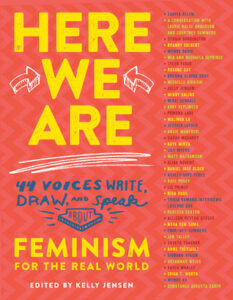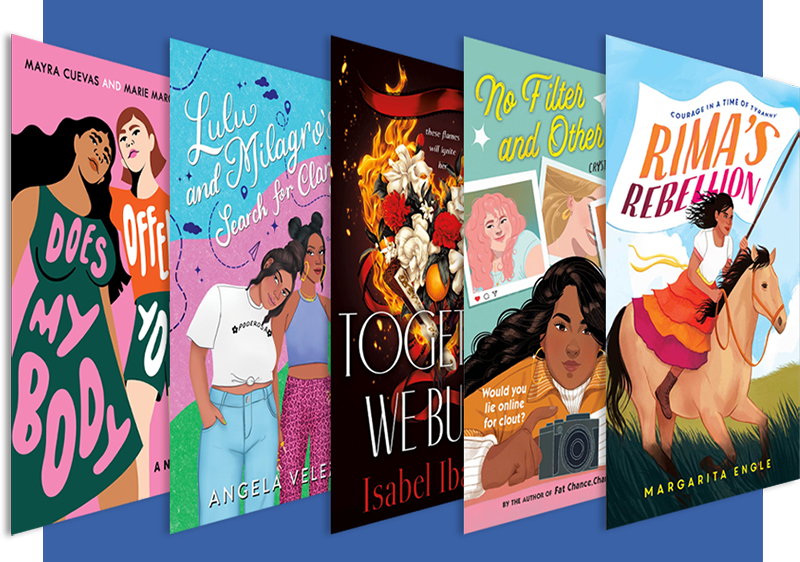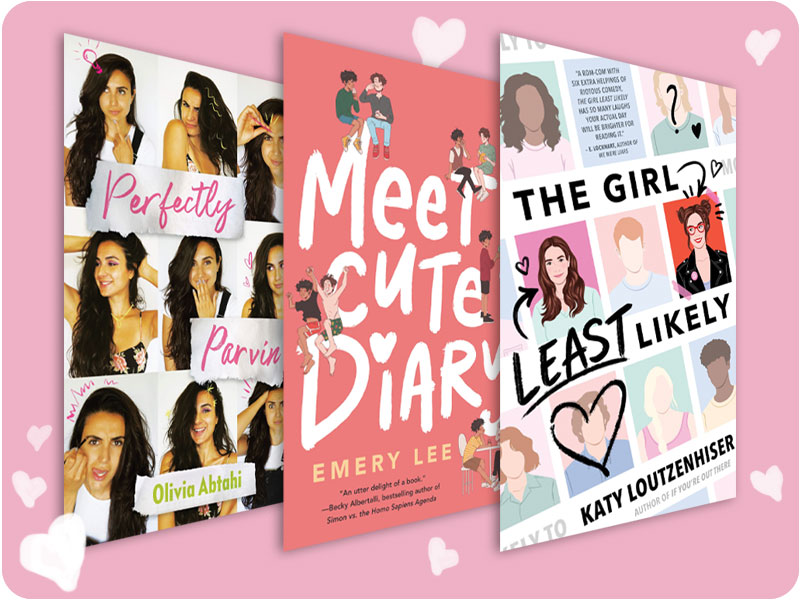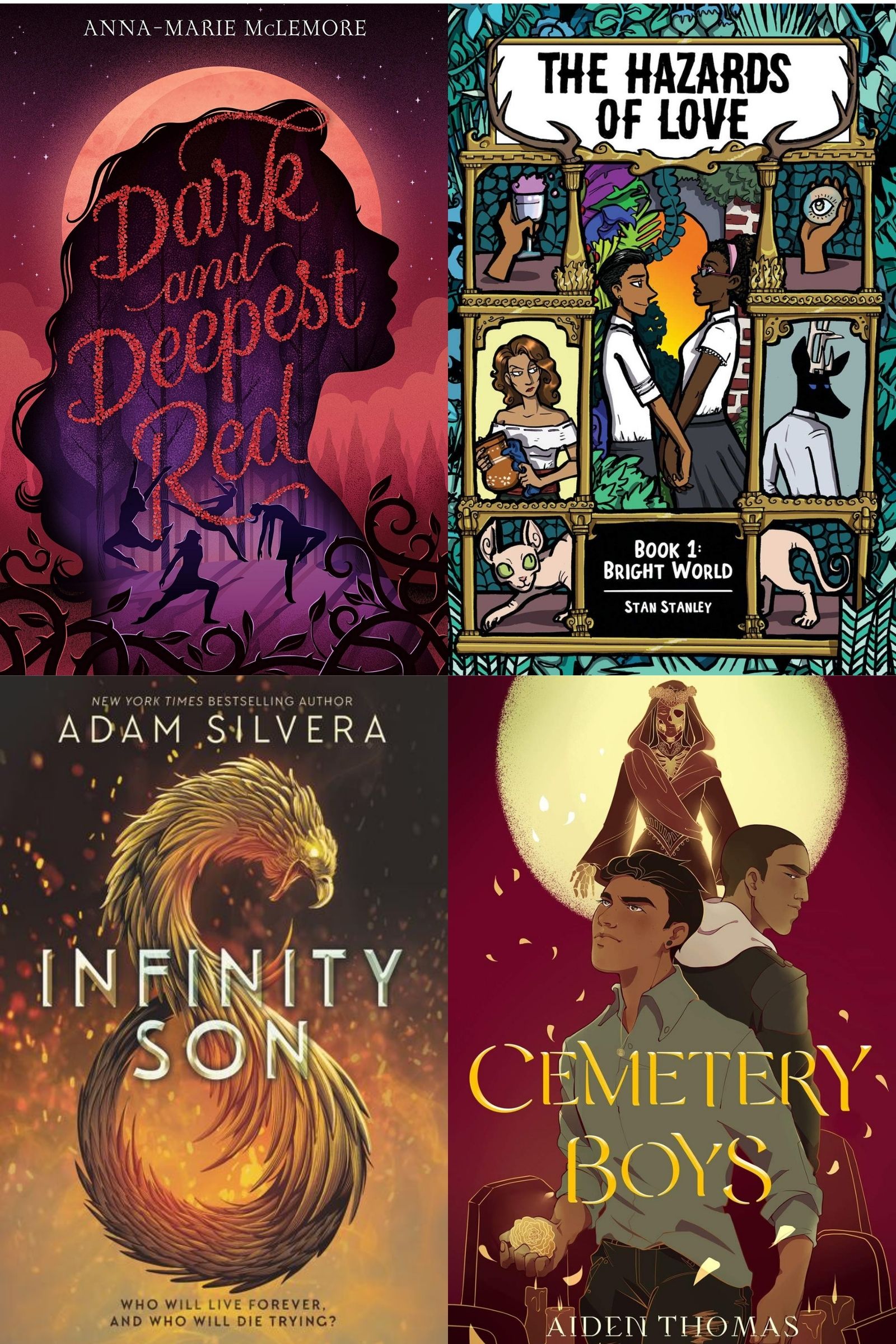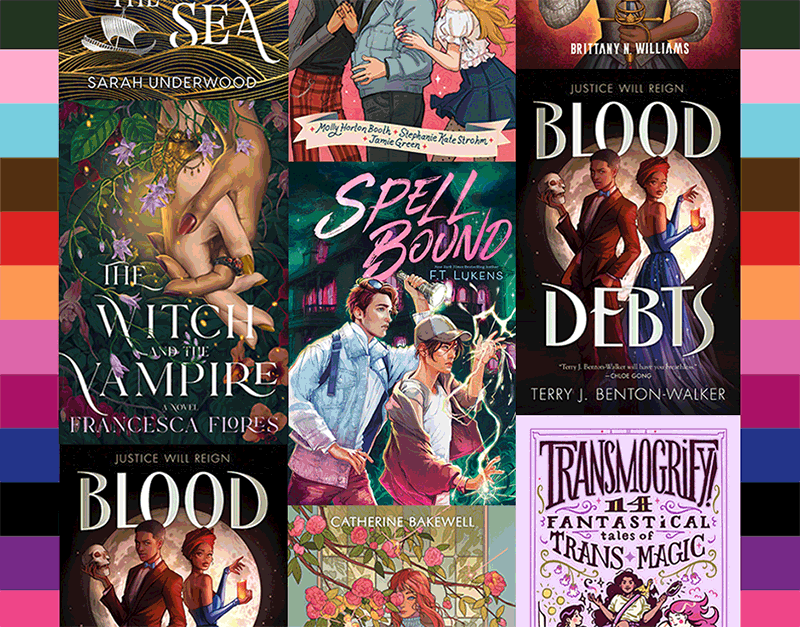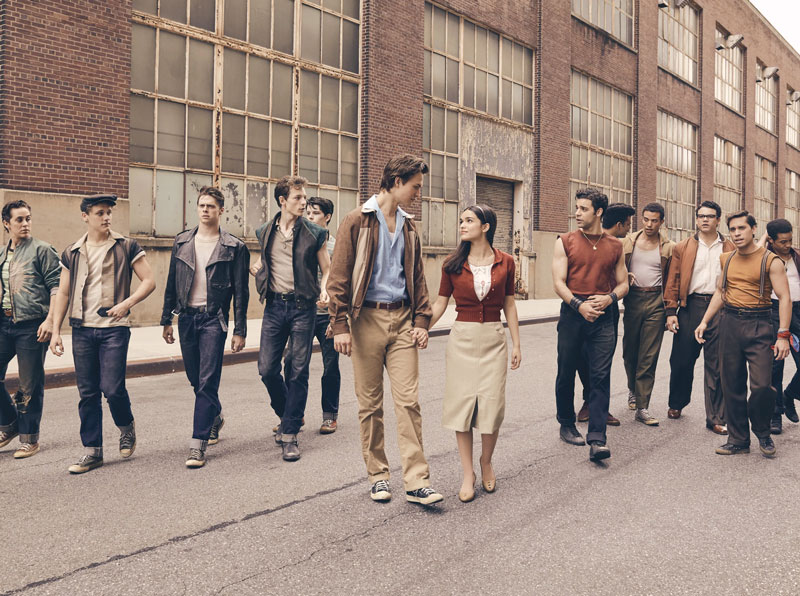My Voice is Louder Now: HERE WE ARE editor Kelly Jensen talks with Brandy Colbert about Feminism
It’s day three of our week celebrating the release of Here We Are: Feminism for the Real World edited by Kelly Jensen. Today, Kelly joins us as she interviews one of the contributors, Brandy Colbert. Be sure to visit our post from day one to enter to win a Feminist t-shirt!
“My voice is a little louder now”: Brandy Colbert on Feminism and Social Justice
____________________
At the heart of Brandy Colbert’s essay in Here We Are: Feminism for the Real World is the idea that sisterhood comes in more than just a biological form. It can be about shared culture, about shared beliefs, about shared interests, and, sometimes, about geographic closeness. Her piece begins with a simple question from her mother, asking if Brandy wishes she’d had sisters growing up, and it unfolds as Brandy talks about growing up as a black girl in a small Missouri town and the various challenges that presented. The biggest, most powerful piece of her essay is one of the smaller details — that when she discovered the musician Brandy, whose CD had a black girl on the cover with her name, she understood she, too, could do things and make things and be free to be who she is exactly as she is.
ADVERTISEMENT
ADVERTISEMENT
Here’s a short excerpt from her essay:
Whenever anyone implies, or, even more foolishly, straight up declares that representation doesn’t matter, I want to put them in my childhood shoes. Because I knew so few black girls my own age, I was starved for that representation in mainstream media—which consistently failed to deliver. Seeing so few faces like mine made me wonder what was wrong with girls who looked like me. I did regular, everyday things like the girls who were meant to speak for all teens, but it was rare to see black girls portrayed in a positive light. Allowing a group to exist only as stereotypes is an insidious type of erasure; I wanted to know that black girls mattered when we weren’t just the subjects of harrowing news stories.
The movie Clueless was released a couple of months after I turned sixteen, and I bought a ticket to see it in the theater three times. It remains one of my favorite movies more than twenty years later, and part of that everlasting love is due to Dionne, who wore gorgeous box braids and a killer wardrobe and served as much more than the token black friend. Naturally I became obsessed with Brandy Norwood, who shared my name and birth year and whose eponymous CD case I’d stare at for long periods of time, in disbelief that a black girl with my name was singing on MTV and posing for magazine covers. And there is an entire section of my heart solely reserved for the members of TLC and Destiny’s Child, whose legacies I will defend to the death.
From a social justice perspective, and more broadly, a feminist perspective, Brandy’s piece is rife with moments that highlight how important seeing representation was to her, both in her youth and in her adult years.
Kelly Jensen: If you had to pick a moment that really defined you as a feminist, where you felt like owning the term, what was that moment?
Brandy Colbert: Honestly, it wasn’t until my early thirties—which is pretty embarrassing, as that was just a few years ago—but better late than never, I guess. I grew up in a conservative Midwestern town, but even being raised by increasingly liberal parents who taught me to be wholly independent and routinely boosted my self-confidence, and even after moving to the extremely liberal city of Los Angeles, I didn’t understand the meaning of feminism. I had that idea of the angry woman yelling at men in my head, which makes me laugh now because women have plenty of reasons to be yelling at plenty of men. I think the fact that many people don’t learn from the start that feminism simply means women should have the same social, political, and economic rights as men is damaging to the term and the movement. There wasn’t a defining moment of my owning the term, other than that light bulb going off in my head after a friend broke down the true meaning.
Kelly: Pop Culture and representation mattered to you growing up in the 90s. Who do you think is doing the work on the level of social justice in today’s pop culture? Who do you wish you’d been exposed to at a young age?
Brandy: Oh, so many! I admire those artists and entertainers who tackle social justice in their work, as well as in real life. Some of my current favorites are Amandla Stenberg, Janet Mock, Yara Shahidi, Kendrick Lamar, Janelle Monáe, Colin Kaepernick, Kal Penn, and probably many other people I’m forgetting. I’m not sure there’s anyone I wish I’d been exposed to at a younger age, but I do wonder how my opinions of certain people would have shifted—for better or worse—if the internet had been around in the ’90s like it is today.
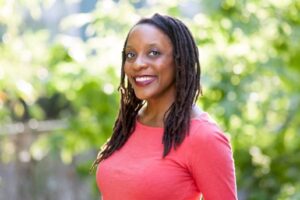
Kelly: In what ways have you incorporated social justice/feminism into your everyday life?
ADVERTISEMENT
ADVERTISEMENT
Brandy: I don’t know if I’m doing anything different than what I’ve always done—as a black woman, I’m no stranger to fighting for equality. But I’m aware of the privileges I hold as a cisgender, heterosexual, able-bodied person; I’ve always spoken up on behalf of marginalized groups that I don’t belong to, but my voice is a little louder now. (You won’t find much from me on social media because that’s not a comfortable platform for me—I prefer speaking about issues in person and through my writing.) And since my first book, I’ve been committed to writing about the world I’ve experienced as a black teen and now as a black woman. Those scenes are often uncomfortable to write and read, but I feel a responsibility to be truthful, as I wish I’d had books that broached these topics head-on when I was a teen.
Kelly: What are some of your favorite books and/or resources that would benefit all readers eager and curious about social justice/feminism?
Brandy: Perfect timing for this question because since the election, I’ve been finding it harder to read (and write) fiction, and have been digging into my stash of nonfiction books. I recently read The Fire This Time, edited by Jesmyn Ward, and it is a fantastic collection of essays about race from contemporary black writers and writers of color. I think everyone should read Citizen by Claudia Rankine. I’m currently (finally!) reading my copy of Bad Feminist by Roxane Gay, which is excellent. And there are a lot of books on my shelf that I am pretty certain are going to be high on my list of recommendations once I get to them: Between the World and Me by Ta-Nehisi Coates, Stamped from the Beginning by Ibram X. Kendi, They Can’t Kill Us All by Wesley Lowery, and The New Jim Crow by Michelle Alexander.
Kelly: How can young readers and those who advocate on their behalf better prepare themselves to be actively engaged with social justice and feminism?
Brandy: I think it has to start with listening and empathy. Though I am part of two historically marginalized groups myself, I still have a lot to learn from other groups I don’t belong to, and the best way to do that is to listen. In the last few years I’ve found it especially helpful to listen to other black people; we’re not a monolith, and the truth is that I grew up pretty sheltered in a conservative community. I think the biggest mistake people can make is believing they no longer have anything to learn, especially from people who share their culture or background. Seeking out a range of perspectives helps me broaden my own thinking and gives me the language to discuss issues that haven’t directly affected me but do affect the black community as a whole. Listening will help inform the ways people can best help the communities they’re supporting.
Kelly: What is the biggest thing you hope readers take away from your essay in Here We Are?
Brandy: I guess I just hope that I’m heard and understood. I’d really love it if a girl who’s growing up like I did reads it and knows that she’s not alone.
Meet Brandy Colbert:
Brandy Colbert is the author of the critically acclaimed Pointe, and two forthcoming young adult novels. She lives and writes in Los Angeles.
Filed under: #SJYALit
About Karen Jensen, MLS
Karen Jensen has been a Teen Services Librarian for almost 30 years. She created TLT in 2011 and is the co-editor of The Whole Library Handbook: Teen Services with Heather Booth (ALA Editions, 2014).
ADVERTISEMENT
ADVERTISEMENT
SLJ Blog Network
2024 Books from Pura Belpré Winners
In Memorium: The Great Étienne Delessert Passes Away
Winnie-The-Pooh | Review
Parsing Religion in Public Schools
ADVERTISEMENT


